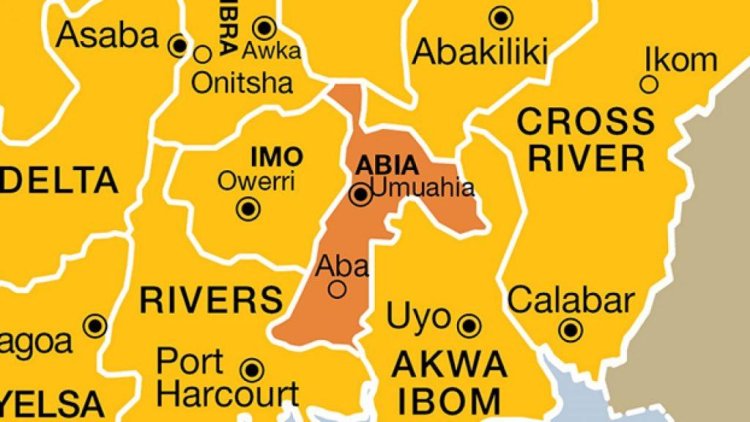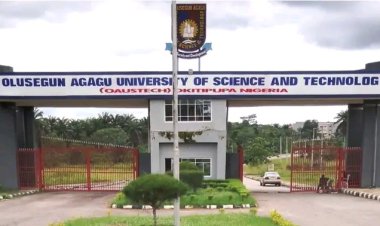Abia Mission School Seeks Partnership with Federal and State Governments for Food Security
The Kingdom Bible College of the Word Foundation in Abia State seeks to partner with Federal and State Governments to ensure food security through agricultural initiatives.

A mission school in Abia State, the Kingdom Bible College of the Word Foundation (KBCWF), has announced its desire to partner with the Federal and Abia State Governments in agriculture, with the aim of enhancing food security. The founder of the college, Rev’d Emmanuel Ukoha, revealed this during a press briefing at the college’s permanent site in Ozu Abam, located in the Arochukwu Local Government Area.
Rev’d Ukoha emphasized that such a partnership could lead to a significant increase in food production for the region, thereby contributing to food security. The college has over 200 hectares of farmland, with a considerable portion already under cultivation to meet the food needs of its students. The surplus produce is sold to neighboring communities at subsidized prices.
RECOMMENDED: Killer of ABSU Final Year Student in Viral Video Apprehended by State Police
He stated, "All foods that are consumed in this school are produced in this place, and the remaining are sold at various markets in Abia at subsidized prices. Our major sources of income are farming and contracts. We have been looking for partnership, not only with Abia State alone, but also the Federal Government."

RELATED: ABSU Student Arrested and Paraded for Murder in Rival Cult Clash
The college founder expressed confidence that the state governor, Dr. Alex Otti, who is known for his support of agricultural initiatives, would welcome the partnership proposal, seeing it as an opportunity to bolster food security across Abia State.
YOU MAY LIKE: ABSU Student Murder: Cultist Confesses to Killing Emmanuel Uche- Reveals Reason
Rev’d Ukoha also addressed allegations that the college operates with a degree of secrecy, dismissing them as falsehoods propagated by the institution's detractors. He highlighted that a school with over 1,500 students could not operate in secrecy, and transparency is one of their core values.
Additionally, Ukoha made an appeal to Governor Otti, urging him to improve the infrastructure around the school by constructing roads and providing modern farm implements. These improvements, he suggested, would further enhance the school's ability to contribute to food production in the state.
This proposed partnership could serve as a model for other institutions and regions looking to strengthen their agricultural output and improve food security.

 Mary Nwaeze
Mary Nwaeze 



